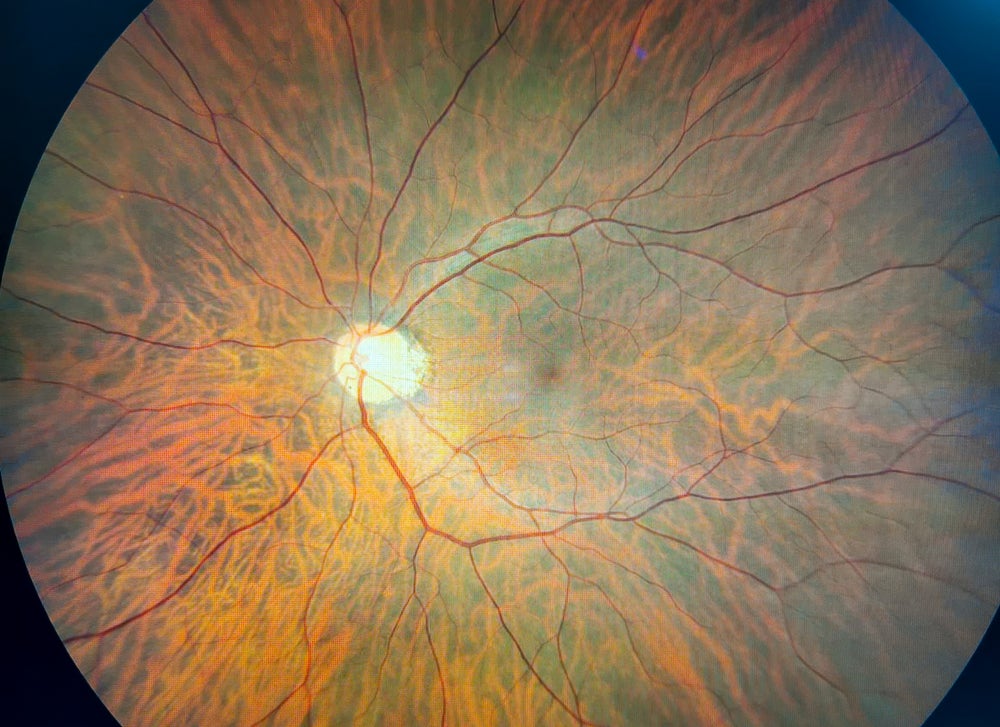
Ascidian Therapeutics’ lead RNA exon editor ACDN-01 is set to begin early-phase clinical trials for an inherited progressive vision loss, after being granted investigational new drug (IND) clearance and fast track designation by the US Food and Drug Administration (FDA).
ACDN-01, a subretinally injected RNA exon editor targeting the retina-specific ATP binding cassette transporter (ABCA4) gene, is designed to replace and rewrite genetic typos at an RNA level. The gene therapy will be evaluated as a potential treatment for Stargardt disease and other ABCA4 retinopathies in an open-label Phase I/II study dubbed STELLAR. The study is anticipated to begin enrollment in H1 2024.
As per the company, ACDN-01 is the first and only RNA exon editor to receive FDA clearance for human studies and the sole RNA exon editor aimed towards Stargardt disease.
Targeting Stargardt disease using a gene therapy approach has been limited by the large size of the ABCA4 gene while addressing the disorder with base editing has been waylaid by the extensive mutations within the gene. This gives RNA editing “unique advantages” over DNA editing in treating the disease, explained Ascidian CEO Michael Ehlers, MD, PhD in a 29 January press announcement.
The Massachusetts-based biotech presented six-month preclinical data on ACDN-01 at the 2023 American Society of Gene and Cell Therapy (ASGCT) demonstrating that a single dose of the treatment induced the production of full-length ABCA4 protein in a non-human primate retina.
As of November 2023, Ascidian has an additional $40m in its financial runway after completing a Series A extension funding round. The capital raised has been directed towards the ACDN-01 programme, as well as other programmes in the company’s pipeline.
Ascidian is also developing RNA-editing gene therapies for other neurological and neuromuscular diseases. The effectiveness of an approach that uses new technologies such as clustered regularly interspaced short palindromic repeats (CRISPR) to target and modify a gene in the neurological space is largely unknown given the complexity of brain diseases, an expert told Pharmaceutical Technology.
Cell & Gene Therapy coverage on Pharmaceutical Technology is supported by Cytiva.
Editorial content is independently produced and follows the highest standards of journalistic integrity. Topic sponsors are not involved in the creation of editorial content.









